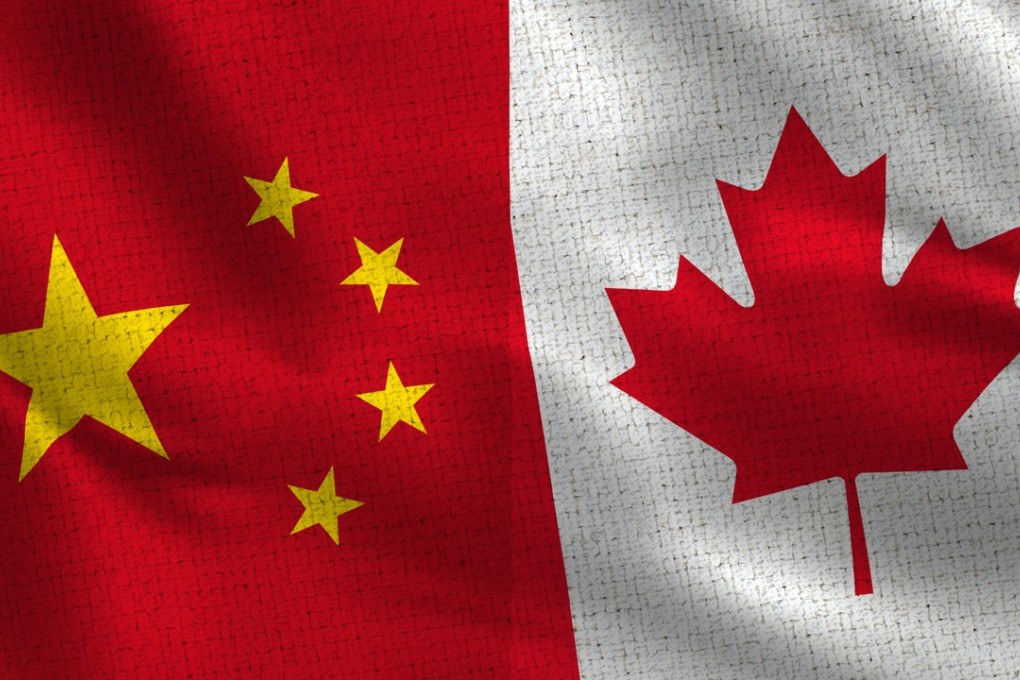China says Canada has ignited ‘public anger’ with arrest of Huawei’s Sabrina Meng
- Beijing says Chinese tech executive was ‘wrongly detained’, as Ottawa’s efforts continue for the release of two Canadians held in China

Beijing on Friday continued to vent its fury at Canada over the arrest of Chinese tech executive Sabrina Meng Wanzhou at the request of the US, saying it has caused “public anger” in China.
Spavor and Kovrig were detained in China after Meng, the chief financial officer of telecoms firm Huawei Technologies, was arrested at Vancouver airport on December 1 while she was on her way from Hong Kong to Mexico. Beijing has not said directly whether the cases are connected.
“The Canadian government, at the request of the US side, wrongly detained this Chinese citizen,” foreign ministry spokesman Lu Kang said. “This action has aroused public anger in China.”
The decision to arrest Meng to aid a US extradition effort has made Canada the focus of China’s ire, even as US President Donald Trump’s trade war sits at the centre of the dispute. Chinese consumers have called for Canadian goods to be boycotted, iPhones to be thrown away and Huawei handsets bought instead.